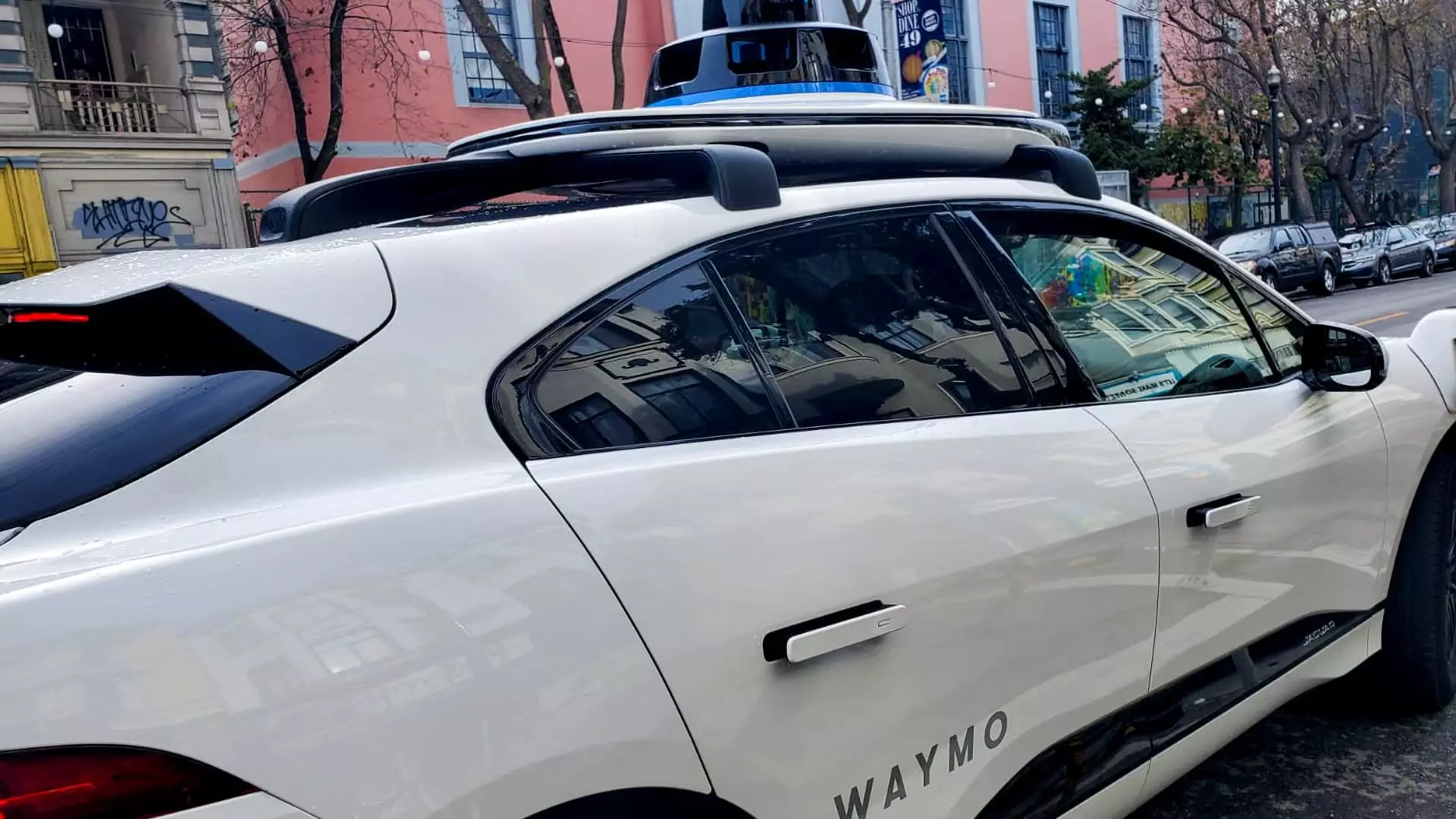Waymo, Alphabet’s self-driving vehicle unit, made headlines with its recent voluntary recall notice for software used in its driverless cars. This marked the first time that Waymo had taken such action, demonstrating a willingness to prioritize safety and address potential issues proactively. The decision to recall the software was made after the company consulted with the National Highway Traffic Safety Administration (NHTSA) and conducted an internal review of two incidents that occurred in Phoenix on December 11, 2023. In both cases, Waymo’s robotaxis collided with a towed pickup truck, resulting in minor vehicle damage but no injuries. The recall was initiated due to the incorrect prediction by Waymo’s automated driving system (ADS) of the “future motion of a towed vehicle.” Waymo subsequently updated the software during regular maintenance and recharging at its depots.
Currently, Waymo operates Waymo One, its driverless ride-hailing service, in several cities, including Phoenix, San Francisco, Los Angeles, and Austin. The company boasts a fleet of approximately 700 vehicles, with hundreds dedicated to each service area. Despite the recent recall, Waymo has generally avoided significant public criticism compared to its competitors, thanks in part to its effective public affairs communication with agencies like the NHTSA and local first responders. Waymo’s track record includes 10 million fully autonomous miles driven and over one million ride-hail trips served, demonstrating its commitment to developing and refining its technology.
The rise of driverless vehicles has sparked public concerns regarding their testing and deployment on public roads. Waymo’s competitors, such as Cruise (owned by GM) and Tesla, have faced their fair share of criticism. Notably, the California Department of Motor Vehicles suspended Cruise’s deployment and testing permits following a pedestrian accident involving one of its robotaxis. Tesla, on the other hand, has faced scrutiny for marketing its advanced driver assistance systems as “Autopilot” and “Full Self-Driving,” despite not delivering a fully automated driving system. The California DMV has presented formal accusations against Tesla, alleging deceptive advertising.
Despite Waymo’s relatively positive public image, it has not escaped recent incidents either. Most notably, a driverless Waymo car collided with a cyclist in San Francisco, leading to minor injuries. This incident is currently under review by the state’s auto regulator. Additionally, a Waymo vehicle was set ablaze in San Francisco’s Chinatown during Lunar New Year celebrations. The responsible parties have yet to be identified, and authorities are actively investigating the incident.
Waymo’s voluntary recall illustrates its commitment to safety and accountability, as well as its responsiveness to identified shortcomings in its ADS software. The consultation with regulatory authorities and the diligent software updates conducted during routine maintenance highlight Waymo’s dedication to continuously improving its technology. As the autonomous driving industry progresses, challenges and incidents are inevitable, but Waymo’s proactive approach ensures that it stays at the forefront of this rapidly evolving field. With ongoing technological advancements and collaborative efforts with regulators, the promise of safer and more efficient autonomous vehicles draws closer to reality.
Waymo’s voluntary recall and proactive measures to address software issues highlight the company’s commitment to enhancing safety in the autonomous driving industry. As the industry navigates challenges and improves technology, collaboration between companies, regulators, and the public remains crucial to build trust and foster progress.


Leave a Reply